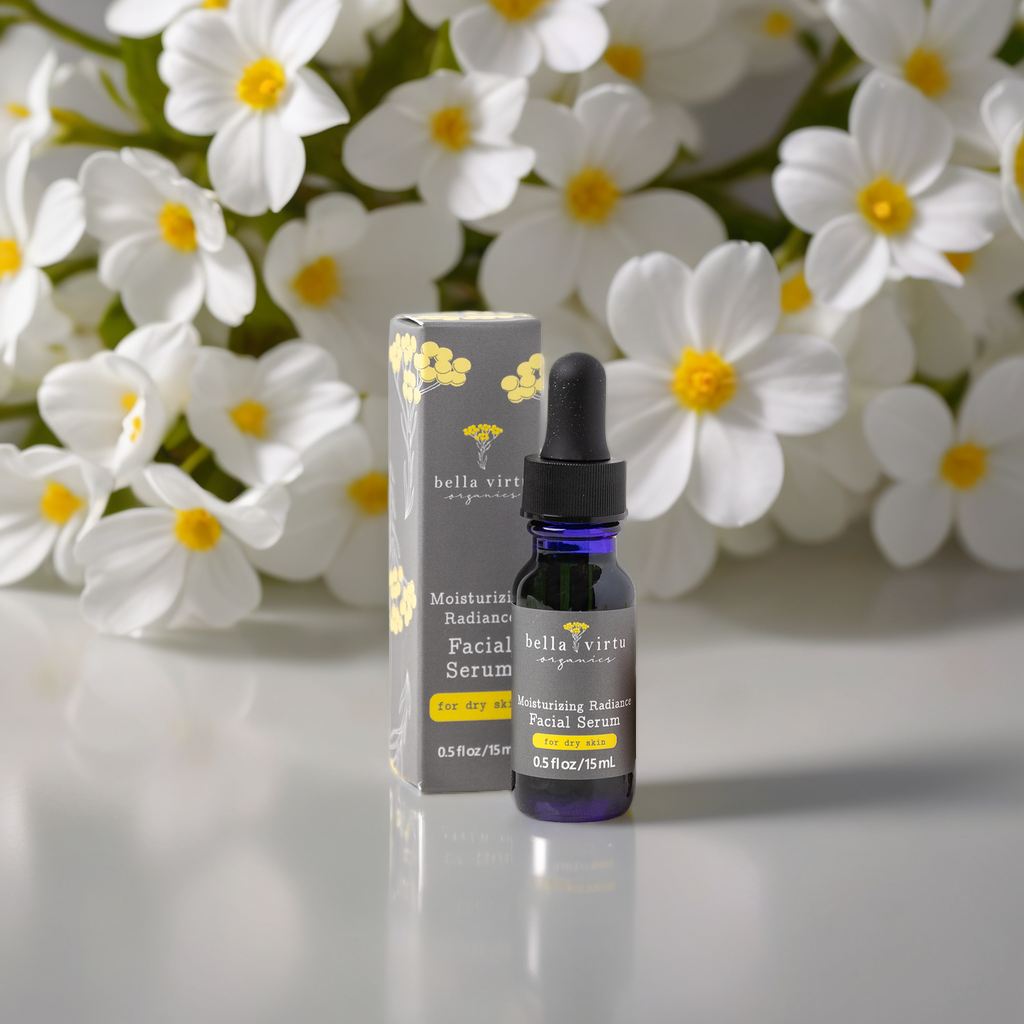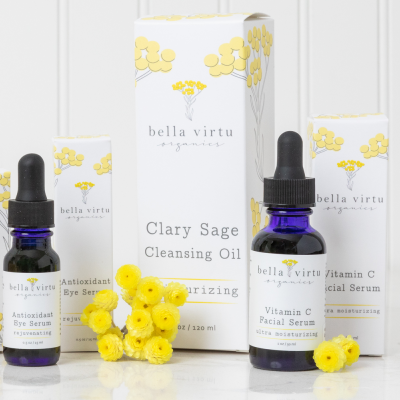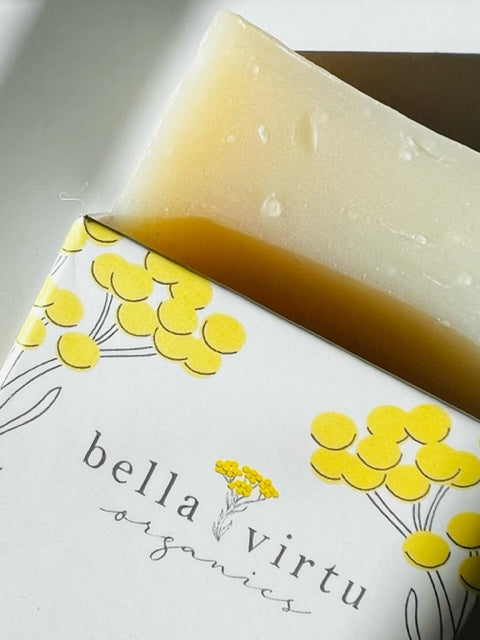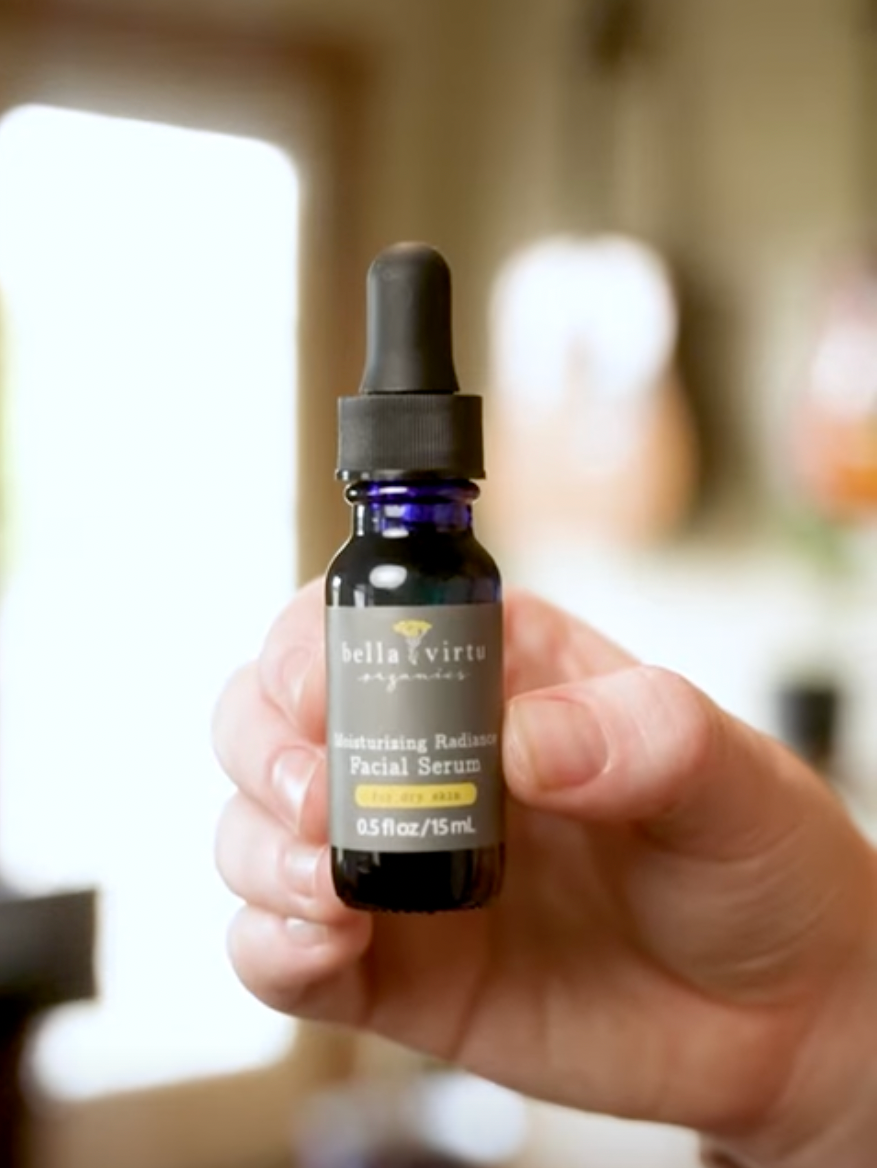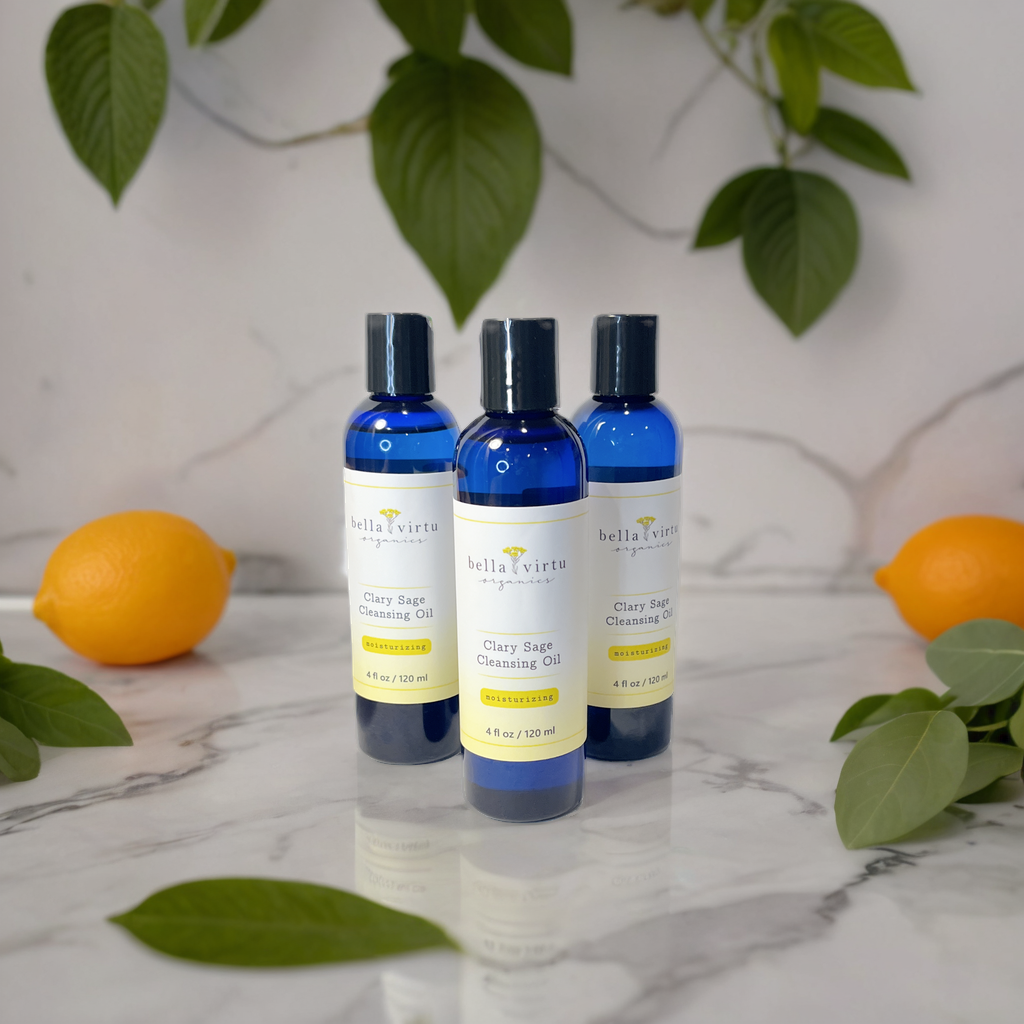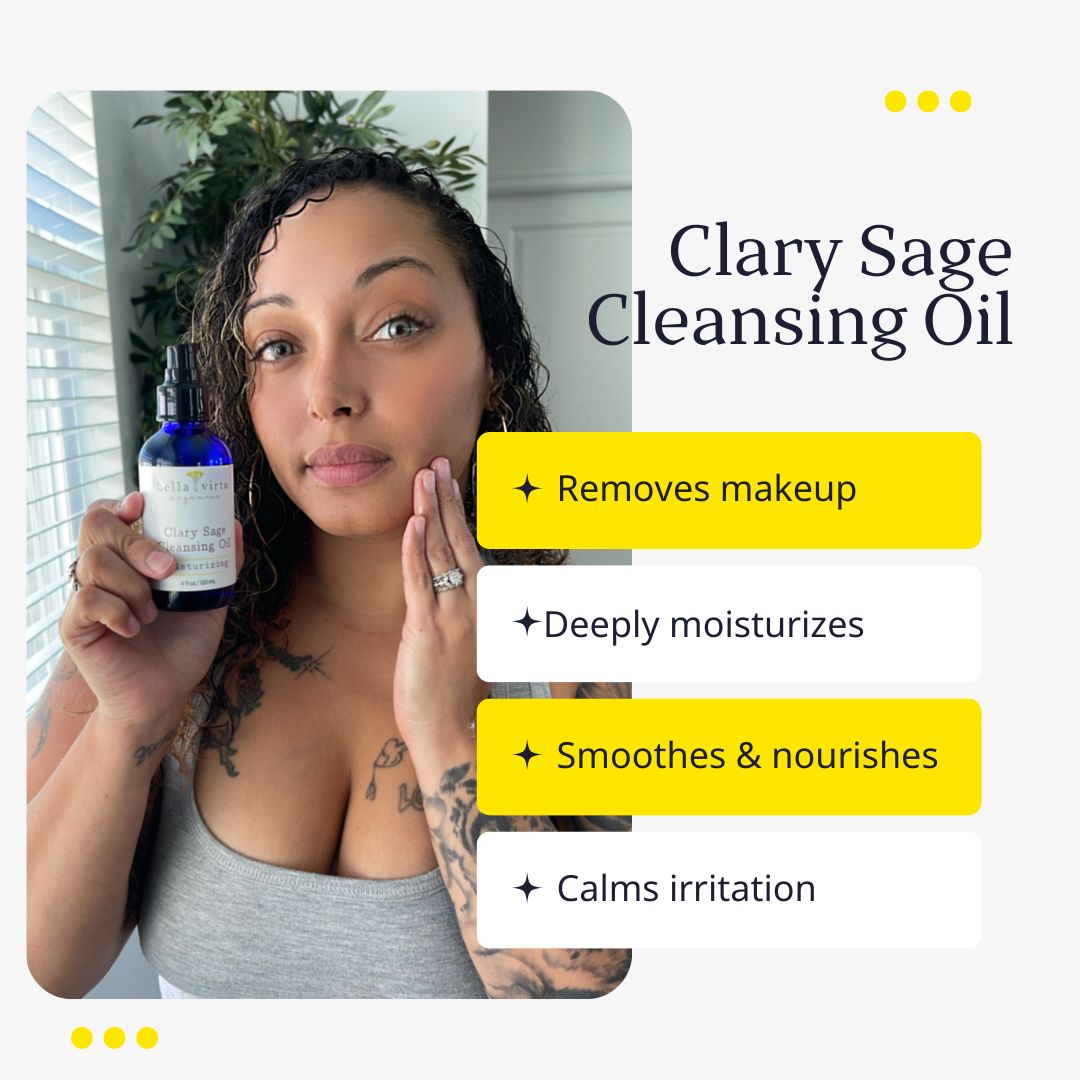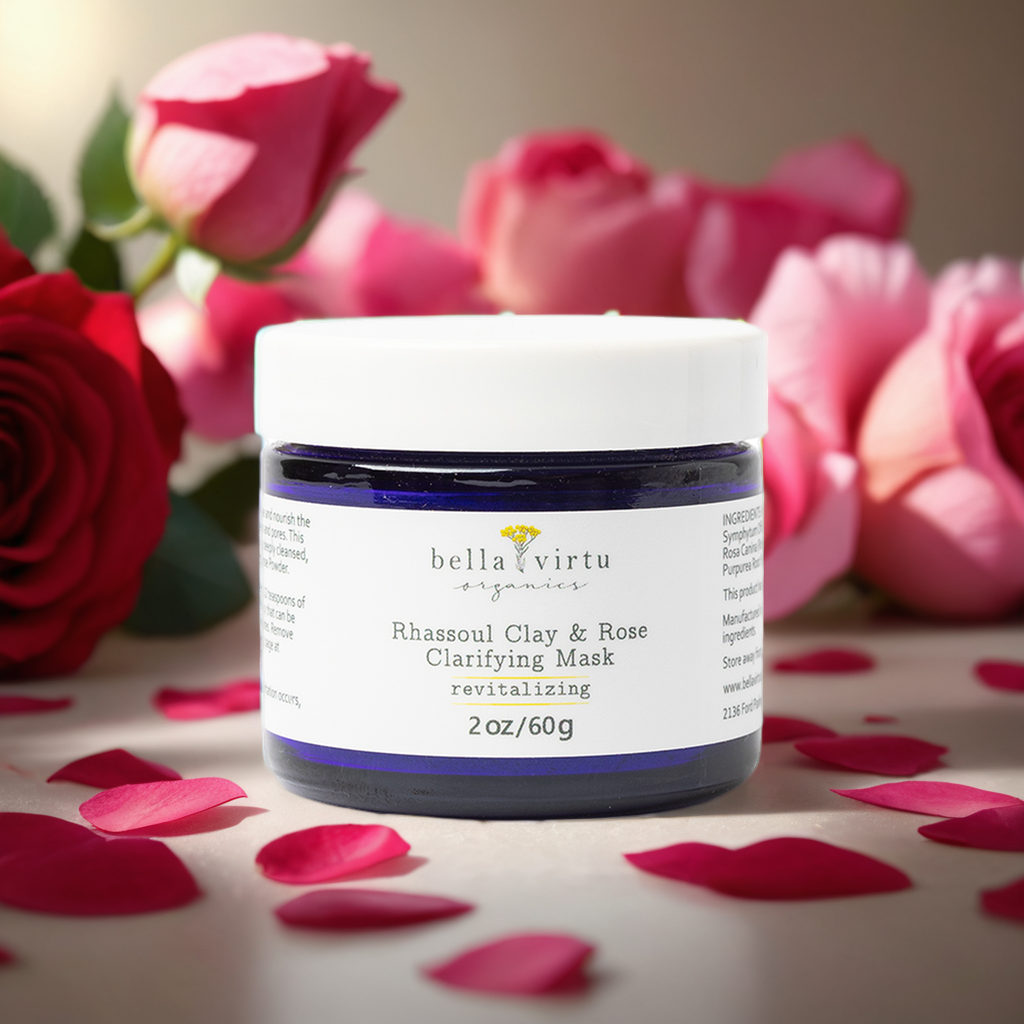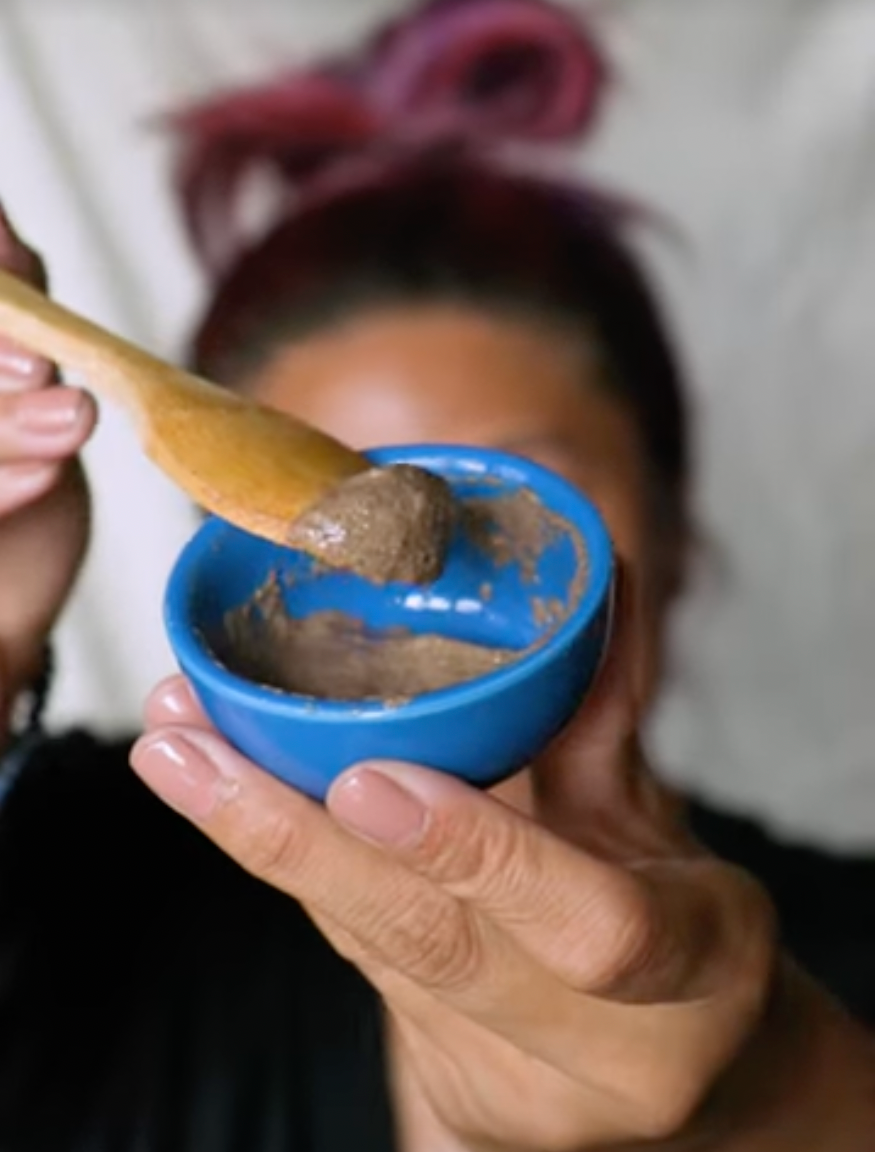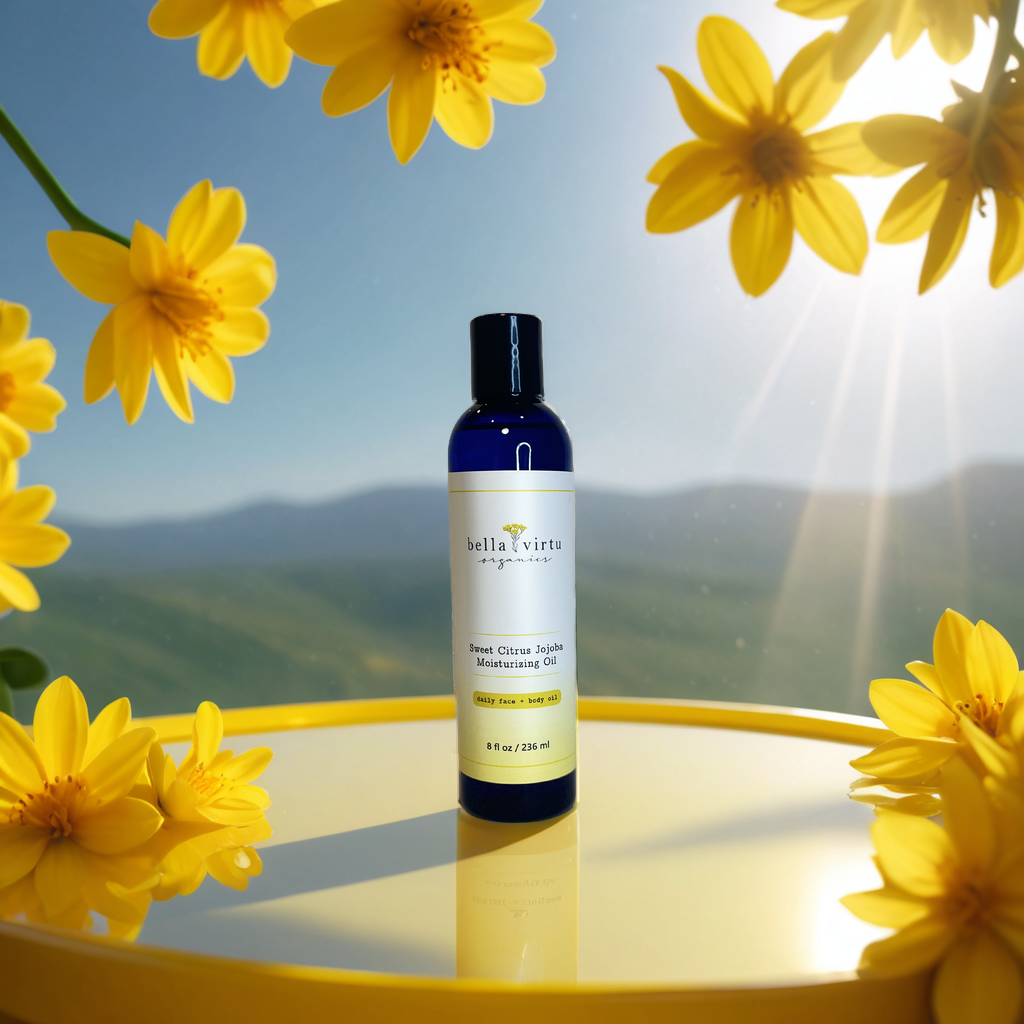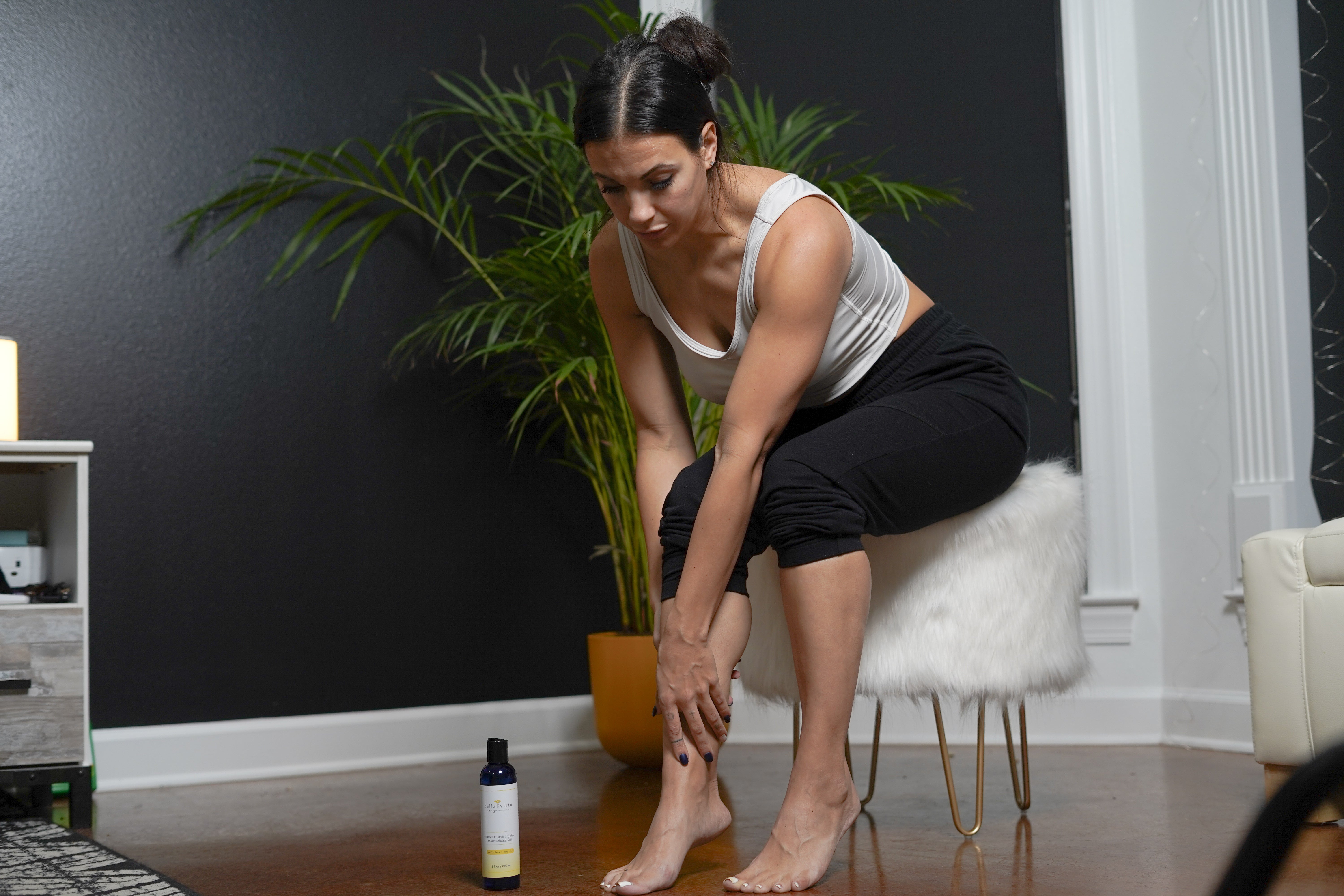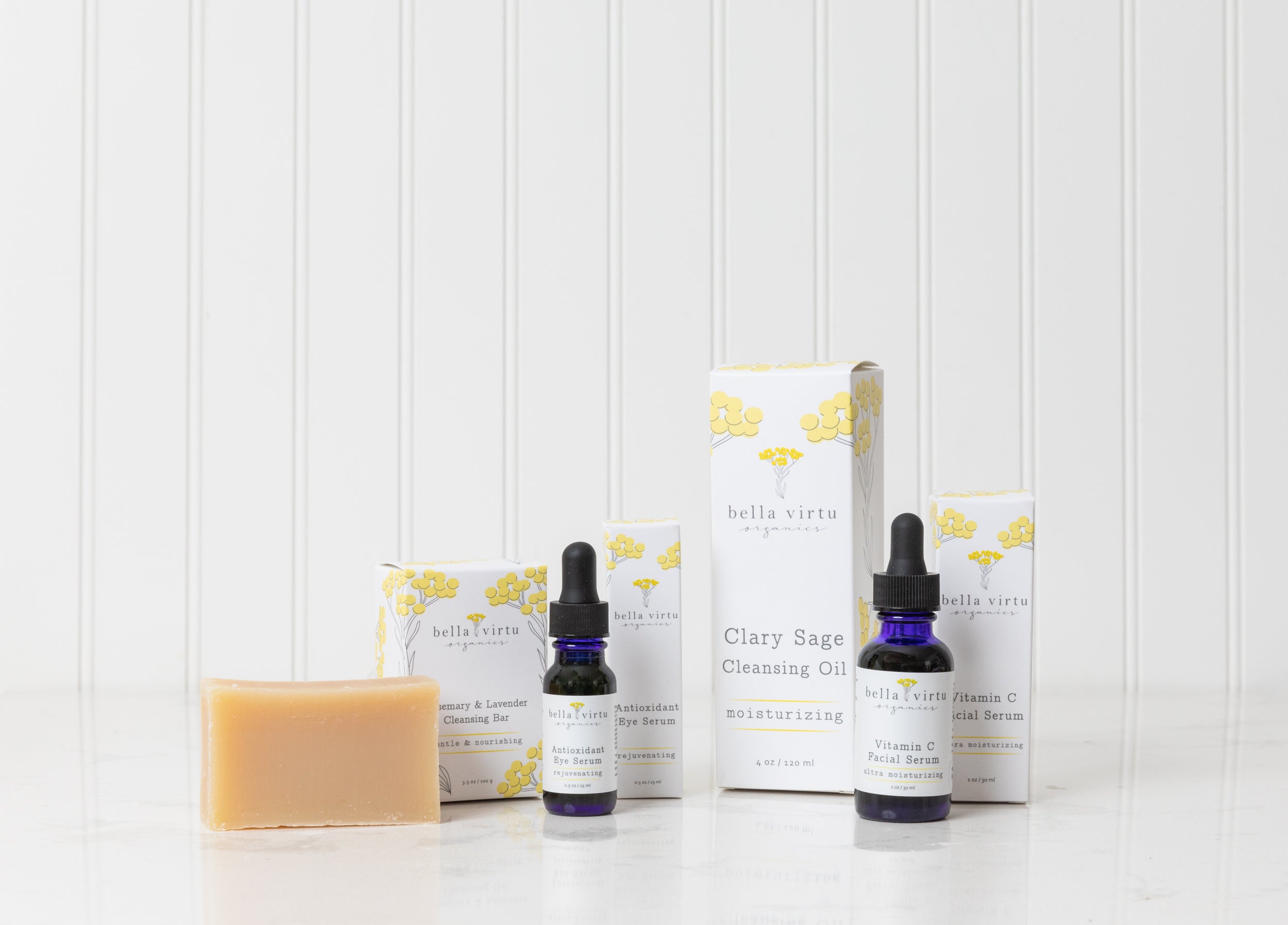What we eat, the amount of exercise we get, and the sleep we get are all critical factors in reducing signs of aging on our skin. But what about anti-aging products? Can they actually work, or are they just a waste of money? What do anti-aging products even do? In this article, we will talk about what precisely anti-aging products are, how they work and how to choose the right ones to support your skin as it ages naturally.
What is aging skin?
Aging is a natural part of our evolution as human beings. As we grow older, our skin begins to show signs of use. This experience is different for everyone and starts at varying ages. It may, for some, begin with a few wrinkles where you smile and frown, or you may notice areas of darker pigmentation on your face, hands, and decollete (neckline). Others experience a loosening of the skin.
Some of these experiences of aging skin result from everyday use of our muscles and the creasing that occurs naturally. Others result from environmental damage such as sunburn, poor air quality, or dryness over time. Finally, some signs of aging appear due to naturally occurring processes in our bodies. However, aging shows up for you; just remember that it's a natural course of life that doesn't require fixing.
What does anti-aging mean?
Anti Aging Skin Care is a broad topic, and it can be hard to know what your skin needs. Anti-aging simply means that the product provides solutions that make you appear younger or slow some signs of aging we can control.
In general, anti-aging products are geared towards resolving the signs of aging from environmental factors and lack of care for the skin. Unfortunately, most products on the market cannot solve naturally occurring impacts of aging, but they may minimize their appearance using various technologies.
You must always get your skin checked by an esthetician or dermatologist so you understand what's going on with your skin and how you can improve its quality over time.
The Aging Process: So you want to look younger?
While we all know that aging is a natural part of life, our Western society has come to prioritize youth. This makes it more likely that individuals seek strategies to maintain a younger appearance as long as possible. Doing so in a healthy way is essential.
When using unnatural, dangerous solutions to aging, we put ourselves in the position of risking our health and longevity in exchange for short-term results. A great mindset focuses on maintaining your natural healthy glow through wellness principles that enhance your whole life.
What age are people when they start using anti-aging products?
Anti-aging products aren't just for older people. Many individuals who learn about aging early begin an anti-aging skincare routine in their mid-twenties. Early anti-aging skincare routines are simply an advanced method of caring for the skin to reduce the potential impact of sun exposure, environmental damage, and dryness.
At this point, the priority is keeping a solid routine and using high-quality natural products to maintain healthy skin and replenish nutrients.
In later phases, anti-aging skin care often includes a mix of natural and technical solutions. Natural solutions may include healthy eating, drinking water, using serums and moisturizers, and exfoliating and massaging skin. Technological solutions may include microdermabrasion, chemical peels, botox, fillers, and facelifts.
There are also often more substantial natural and lab-created chemicals added to anti-aging products that can artificially tighten and brighten skin temporarily.
How can I use anti-aging products in my skincare routine?
The best way to incorporate anti-aging skin care is to make this the focus of your daily routine. This means ensuring every product you use fits into a long-term strategy to care for your skin.
Some believe anti-aging means buying a product with promises on the label, but the real goal is extremely high-quality care for the most delicate areas of skin on your body. Create a routine that includes good cleansing, exfoliation, and moisture. Then, avoid going to bed without giving some TLC to the largest organ on your body!
As we age, skin often becomes drier, so those over 35 should generally consider adding a vitamin-c serum before moisturizer to replenish moisture deep into the skin.
